The Man Who Loved Horses. (Fiction)
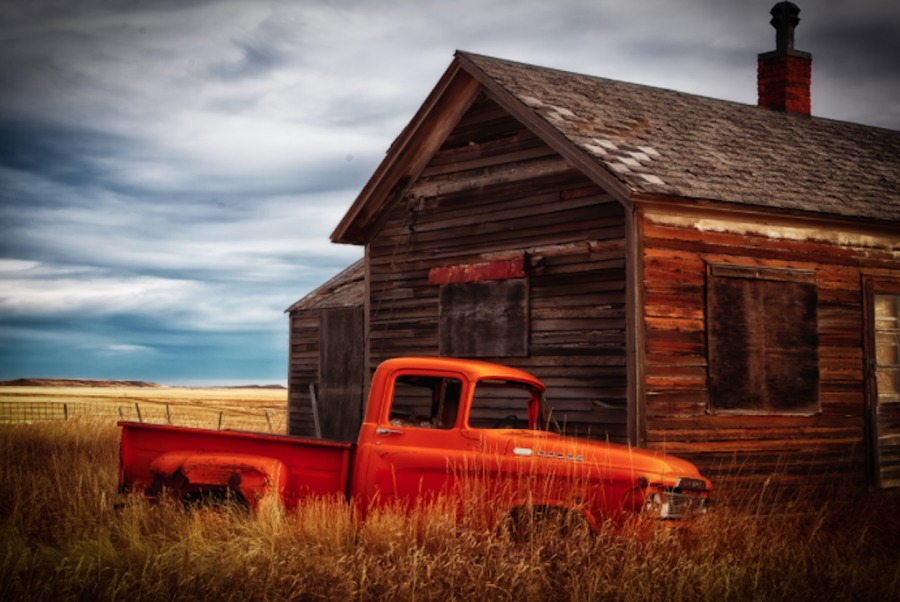
This story was first published in Rosebud Magazine, Issue #42
It was a shame what happened to George — not just because he killed himself — but because he chose such a lonely place to do it. And it didn’t just happen, as some people said. When they found him the first time, they must have known he’d try again. How anyone found his body the second time was a miracle.
Heavy snows fell that March. If Earl Sanders hadn’t cut across George’s property, nobody would have found him until spring. It was also a wonder George got as far as he did with his amputated foot. I asked Doc Melvern what made George kill himself, but he kept staring at my uncle. I guess it was plain enough. George didn’t have anything to live for after his last horse died. She was the closest thing George had to a family. They’d been together eleven years, living in that old barn. The prospect of spending Christmas without his horse was obviously too much for him.
The barn was a dreary place, cold and dark, with only a tarp between George’s army cot and the stalls. When they found him the first time, they took him inside and the pot belly stove wasn’t even lit.
“Guess he’s used to getting warmth from that horse,” Arnold Stubbs had said, and the other men like Earl Sanders and Buster McGovern thought that was pretty funny. My uncle didn’t find it funny at all. When everyone went outside, he stayed behind with George and Doc Melvern, and later, on our way home, he said, “They didn’t have to talk like that. The poor man never hurt anybody. What’s wrong with showing him a little respect?”
We don’t celebrate Christmas, being Jewish, but that didn’t stop my uncle from coming home Christmas Eve with a turkey. He brought it in the house, saying he was taking it down to George. I guess he felt bad, what with George losing his horse and trying to kill himself out in the snow.
“I’ll take it down now before we eat,” he said.
I asked if I could go with him, and he said, “You start the truck. I need to use the washroom.” I heard him talking to my aunt as I was going out the door. He was saying he was worried about George. My aunt told him he was a good man.
We drove down to George’s just as the sun was disappearing behind barn. It made all these long shadows across the snow, turning the Insulbrick a deep red. Off to the side was a woodpile. We found George there in his old work shirt and leather suspenders. He didn’t hear us at first. Most of his hearing was lost during the war. George was in the infantry during D-Day.
“Evening, George,” my uncle called out. “Merry Christmas.”
George saw the turkey under my uncle’s arm. He stood there scratching his head. Uncle Stan had to practically hold it up in front of his face.
“You eat turkey, don’t you, George?” Uncle Stan said.
“Guess so,” George said. “Haven’t had one in years.”
“You got one now. Want it in on your table?”
George followed Uncle Stan into the barn. He cleared a place on a small camp table behind the tarpaulin and Uncle Stan set the turkey down.
“Not sure how I’ll cook it,” George said.
My uncle looked around.
“By gosh, George, I didn’t even think. You don’t have an oven.”
“Never had one,” George said.
All George had was a pot belly stove and an old hot plate. Above the hot plate was a shelf with canned goods. Across from that was George’s dresser and an old army cot. You could practically reach across from the army cot to the dresser.
“I can get Alice to cook it, if you like,” Uncle Stan said. “You want me to do that? It could take a while.”
“I did a goose on a bonfire once,” George said.
“I guess a turkey and a goose cook pretty much the same,” my uncle said. “Up to you, George. It’s your turkey.”
George kept staring at the turkey.
“Well, we’ll leave you to it,” Uncle Stan said. “You’ll figure it out. Have yourself a good Christmas, George.”
Uncle Stan was pulling the tarpaulin back when he stopped and sniffed. He didn’t say anything. When we got outside, he spat in the snow. “I knew I smelt something,” he said. “He’s gangrenous. It must be from the frostbite. I’ll have to call Mel when we get home.”
On the way back to the farm, he told me about frostbite, how it could turn gangrene. “That’s what happens when you try to kill yourself in a snow bank,” he said. “Now the old bugger will probably lose his toes.”
Uncle Stan called Doc Melvern as soon as we got home.
“That’s what I think, anyway,” Uncle Stan was telling him. “You know him as well as me, Mel. He won’t do anything about it. I’ll meet you down there.”
Uncle Stan hung up and cleared his throat.
“I’m going back,” he said. “You can come if you want, Bobby.”
We drove down to George’s place. Doc Melvern showed up right after us. He was dressed in a big duffle coat with wisps of hair blowing in the breeze. He walked to the barn. “Let’s get this over with,” he said. “You want the boy coming inside?”
“He was with me before,” Uncle Stan said. He banged on the barn doors with his big hands and yelled through the crack. “George? It’s me again.” A light went on in the stalls and a chain rattled. “I got my nephew and Doc Melvern.”
“What’s the doctor here for?” George asked behind the door.
“Open up, George,” Doc Melvern said.
A chain rattled and the barn door slowly opened.
“Evening,” Doc Melvern said. “Mind if we come in?”
George had his suspenders hanging down.
“What for?
“We can talk better inside.”
Doc Melvern took George through to the kitchen table. “Sit down here,” he said. “I’ll need the extension light from the barn. Can you get that, Stan?”
Uncle Stan got the light and hooked it above the kitchen table.
“Remember I was worried about frostbite?” Doc Melvern said to George. “Are you having any pain now? Maybe up your leg?” George shook his head slowly. “Let’s have a look, anyway. Take your boot off.”
George wasn’t happy about it. He reached down slowly and unlaced his work boots. As soon as the boot came off there was a horrible smell. I started to wretch.
“Take him outside,” Doc Melvern said to my uncle.
We went out and I threw up in the snow. Uncle Stan told me to walk around the woodpile a few times. He smoked a cigarette. Then Doc Melvern came out and lit a cigarette, too. “It’s gangrenous,” he said. “I’d better take him to the hospital.”
George couldn’t get the boot on again. They had a towel wrapped around his foot when they brought him out to the car. George started to cry.
“I’m sorry as hell, George,” Doc Melvern said.
Uncle Stan looked like he was going to cry, too.
We put George in Doc Melvern’s car.
“Thanks for calling me,” Doc Melvern said to Uncle Stan. “You two might as well go home. I’ll call you later.”
George looked scared to death.
Dinner was set out when we got back to the house. We didn’t eat much. My aunt put most of it back in the refrigerator. Uncle Stan started talking about George. “The man hasn’t been the same since that horse died,” he said. “Now he’s going to lose his foot. Hell, I’d buy him another horse if I thought it would make a difference.” He went in the other room and turned on the television.
My aunt took the dishes to the kitchen. It wasn’t often you saw her this down. Last time was probably during my parents’ divorce. They brought me up here. “He’ll be waiting when you get things sorted,” she’d said to them. Nothing ever did get sorted—not with my parents, anyway. I stayed with Uncle George and Aunt Alice. They were happy to have me. Maybe it was not having kids of their own that made them happy.
“I keep thinking of those ponies at the fair,” she said to me. “You were very young. Remember George had those pony rides?” She put the last of the dishes on the drain board and wiped her hands. “I remember the day that boy got thrown. Such a small boy, too.”
She wiped her hands on a towel and started putting the dishes away.
“He was okay in the end,” she said. “George felt terrible, though. He got rid of the ponies, but he always had a mare. Don’t know where he found them. Never had any money ‘cept his old age security. Always found some to buy a horse.”
Uncle Stan came back in the kitchen with his coffee cup and washed it in the sink. “I wish Mel would call,” he said. “I’m half tempted to go down there and find out for myself. I’m just sitting here worrying.”
Aunt Alice finally took him to bed.
At seven the next morning, Doc Melvern called. George’s foot was amputated during the night. George was resting now. It was his first time sleeping in a hospital bed. The following week, they transferred him to a care facility. He cried all the time he was there. Uncle Stan told him he wouldn’t visit any more if George didn’t stop blubbering.
George kept telling him his horse was starving.
“You don’t have a horse anymore, George,” Uncle Stan said.
George just cried and cried.
Uncle Stan suffered from gout. He limped around the house, saying he’d check on George as soon as it got better. George was brought home the last week in February. My uncle worried George wouldn’t keep the stove going.
“We’d better go down,” he said.
I shoveled the driveway while he started the truck.
The barn doors were chained up when we got down there. Uncle Stan banged away. George didn’t answer. “Get my bolt cutters from the truck,” my uncle said. I got them and we cut the chain. George was lying in one of the stalls, his bandages all filthy. He couldn’t stand up.
“Help me get him on the cot,” Uncle Stan said.
We put him on his army cot and stoked the stove.
Uncle Stan sat next to George. He told me I could go outside if I wanted. I waited by the door until he came out fifteen minutes later. He didn’t look very good.
“I don’t know what the hell to do,” he said. “I’d still buy him a horse tomorrow if I thought it would do any good.”
We got in the car and drove back to the farm.
We looked in on George the next few days. There was no change. George still thought his mare was somewhere. Doc Melvern sent a nurse over to check on his bandages, but George chased her away with a broom. Doc Melvern told him he’d have to be institutionalized if he kept it up. George sat at his table with his suspenders down and cried into his handkerchief.
Two days later, Earl Sanders found him dead in the snow bank.
As my uncle said, “He just couldn’t live without that horse.”
They held the funeral the following Saturday. It was a small crowd, mostly from town, a few people who’d known George for nearly fifty years. During the service, the minister said it was a shame what the war did to George. He was the last of the Canadian 2nd Infantry to leave France. He came home, like many of them did, not wanting to talk, just drifting off to their farms. George didn’t have anybody. His folks died while he was overseas. All that was left was a ramshackle house and a barn. The house burned down in the early fifties, and George moved to the barn.
“That’s where George stayed,” the minister said. “Him and the horses he loved.” He closed with a hymn, then everyone wandered outside. Uncle Stan and Doc Melvern were talking while the other people moved to the graveyard.
“George didn’t leave a will,” Doc Melvern was saying. “Land holding’s clear. The place will probably sit intestate until something’s sorted out.”
“Sanders says it’s not worth much,” my uncle said.
“Well, let’s go bury the poor bugger,” Doc Melvern said.
Nobody ever used the barn again. It still sits amongst the tall thistle and milkweed with the Insulbrick falling off. At the back of the property, there’s a little gully with overgrown cherry trees and a small graveyard beyond that. If you go up the hill, you’ll reach the church. At one time, they held picnics and welcomed home soldiers after the war. There’s a picture of George sitting at a picnic table in his uniform. He looks like a regular guy with scruffy hair, sitting with a plate on his knee.
His name appeared in the local paper that Wednesday as George Winkley, deceased, no surviving relatives, a man who loved horses. The picture’s the same one from the church picnic. It was taken in nineteen-forty five when he returned home. Nobody had a more recent picture. Aunt Alice said there probably wasn’t one—at least, not one she could find.
Robert Cormack is a freelance copywriter, novelist and blogger. His first novel “You Can Lead a Horse to Water (But You Can’t Make It Scuba Dive)”is available online and at most major bookstores. Check out Yucca Publishing or Skyhorse Press for more details.
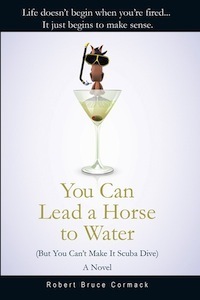
""
Articles from Robert Cormack
View blog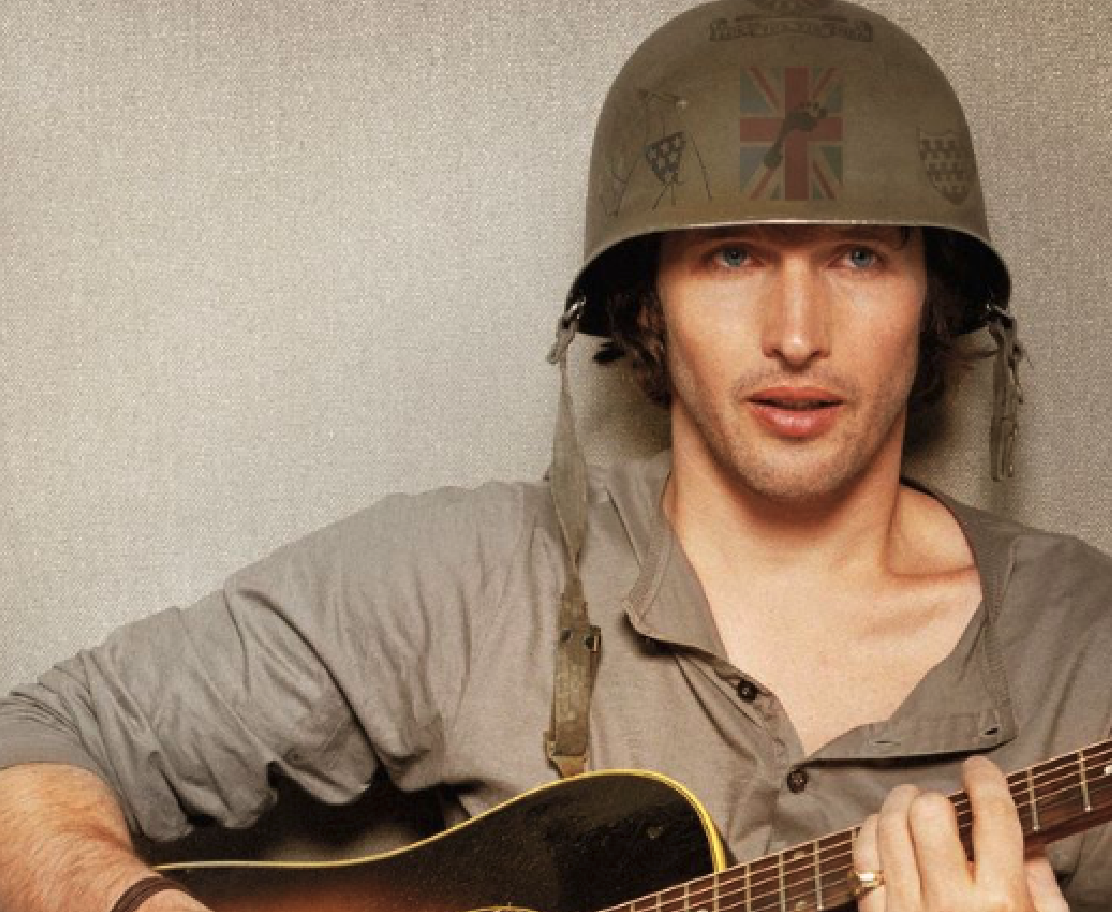
When you start dispersing crowds with James Blunt songs, it makes you wonder if the world is funny o ...
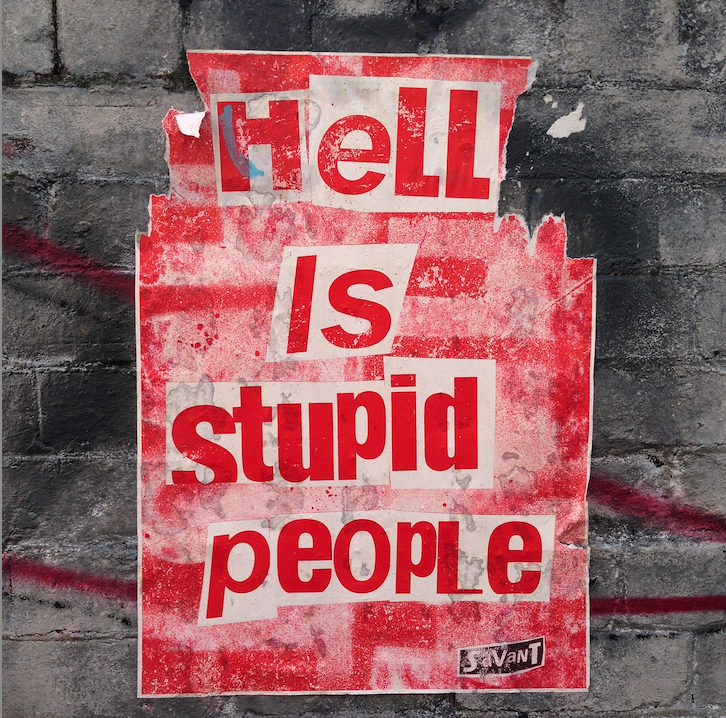
“Sayin' ball of confusion, that's what the world is today, hey, hey.” Norman Whitfield and Barrett S ...
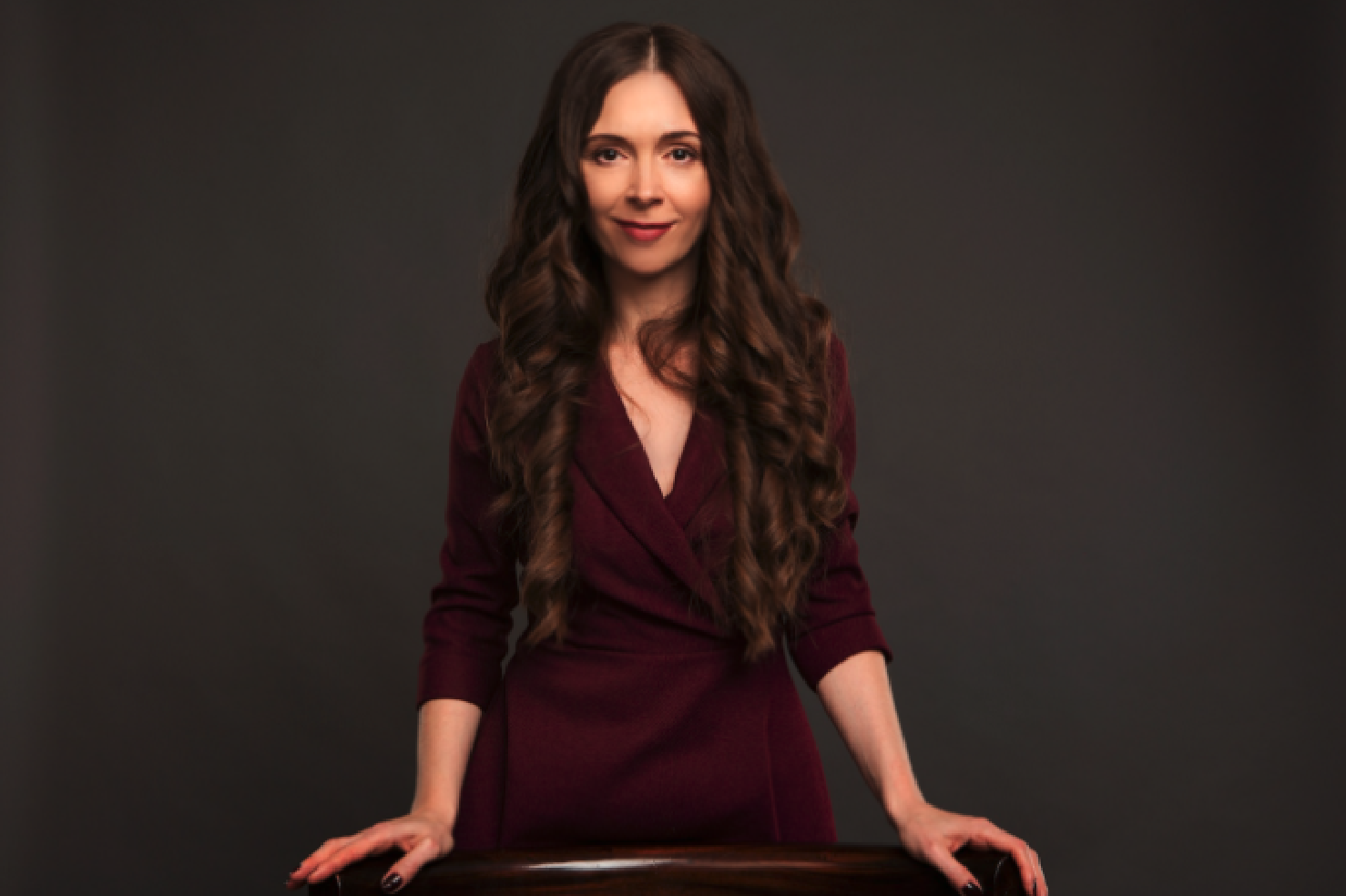
Without selling yourself short. · “We marry, have kids, do our jobs, provide food, education. Job do ...
You may be interested in these jobs
-

Gérant(e) de service alimentaire et service traiteur
Found in: beBee S2 CA - 1 week ago
Compass Canada Longueuil, Canada Full timeVous ne connaissez peut-être pas notre nom, mais vous savez où nous sommes. C'est parce que Groupe Compass Canada fait partie d'une compagnie mondiale de services de restauration et de services de soutien, qui est le sixième employeur en importance au monde, avec associés. · Imag ...
-
administrative assistant
Found in: Talent CA 2 C2 - 10 hours ago
MANDER BROS ENTERPRISES LTD. Surrey, CanadaEducation: · Expérience: · Education · No degree, certificate or diploma · Work setting · Private sector · Urban area · Tasks · Record and prepare minutes of meetings, seminars and conferences · Answer telephone and relay telephone calls and messages · Answer electronic enquiri ...
-

Cash Champion Support
Found in: beBee S2 CA - 1 week ago
Honeywell Markham, Canada OTHERInnovate to solve the world's most important challenges · Serve as the primary customer contact for your assigned portfolio of accounts and ensure all customer needs and expectations are met. You will respond to inbound customer calls and email regarding order inquiry as to ship ...

Comments
Robert Cormack
6 years ago #2
Robert Cormack
6 years ago #1